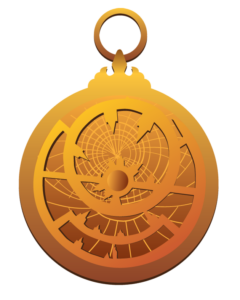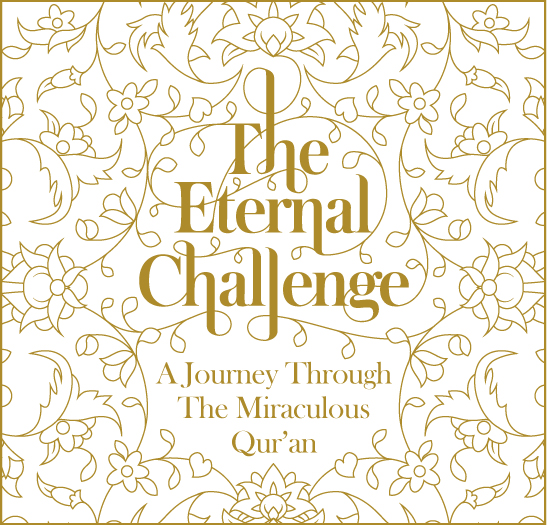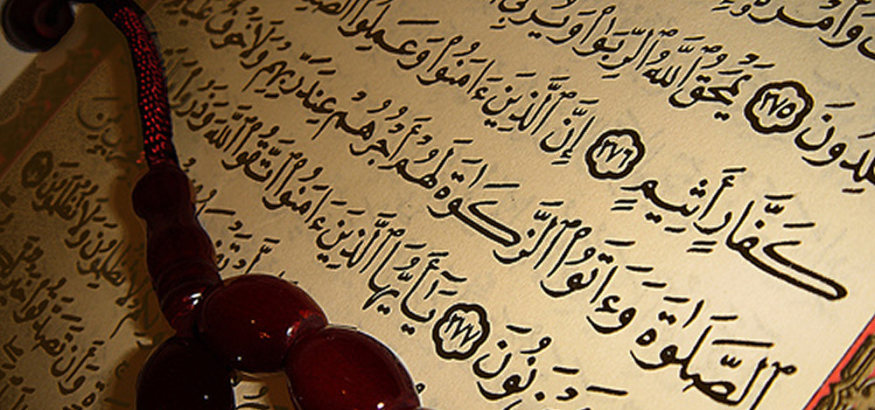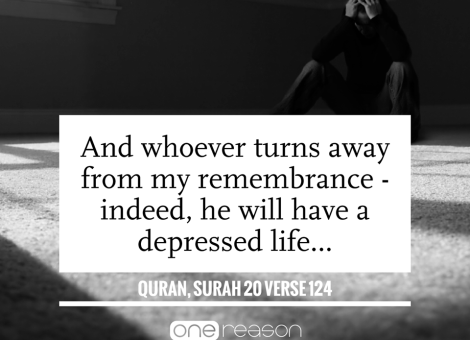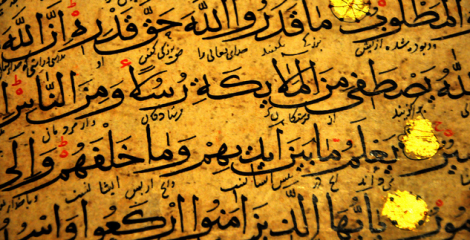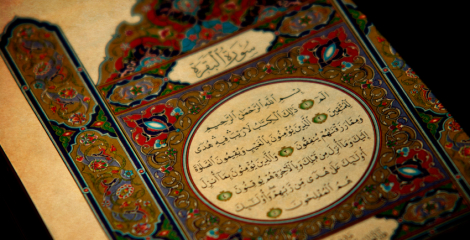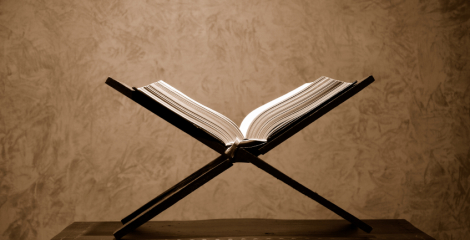Before the coming of Islam the world was in a state of oppression and injustice. Pre-Islamic Arabia was a dreadful place to live in as the Arabs were a people without any set moral values. Slavery was an economic institution of the Arabs. Male and female slaves were bought and sold like animals, and they formed the most depressed class of the Arabian society. Illiteracy was common among the Arabs, as were alcoholism and adultery. Those with power and money took advantage of the poor by charging 100 per cent interest on loans. Arabia was a male-dominated society, men could marry any number of women and when a man died, his son “inherited” all his wives except his own mother. Women had virtually no legal status, for example they had no right to possess property and had little to no inheritance rights. Female infanticide was widely practiced as they used to bury their daughters alive. I think you can appreciate why this period of Arab history before the dawn of Islam is known as the period of ignorance! Can you imagine being tasked with reforming such a society? Have a think about how long it would take one person to cure all these social ills. One generation? Perhaps several generations? You may even view it as an impossible task. Just to give you an idea of the scale of the challenge, let’s look at an attempt in recent Western history to eradicate just one of these social ills, alcoholism. In 1920 the United States government passed a nationwide law to ban the sale, production, importation, and transportation of alcoholic beverages for moral and health reasons. This is commonly known as Prohibition and although consumption of alcohol fell at the beginning of Prohibition, it subsequently increased and led to other problems such as corruption and organised crime. The law was repealed in 1933. The failure of one of the most powerful governments in the world to tackle just a single social ill should make us reflect on the Qur’an. The Qur’an managed to completely reform not only alcoholism but all the social ills of Arabian society in a single generation, just 23 years! This was a revolution the likes of which the world has never witnessed. Now perhaps you might be thinking to yourself, these social ills of Arabia were a result of the tribal nature of society and the harsh desert environment the Arabs dwelt in. But the fact is that even the super powers of the world at the time, the Byzantine and Persian Empires, who ruled much of the world between them, were also in a state of oppression and injustice. Pope Gregory I, head of the Catholic Church and a contemporary of Prophet Muhammad, had this to say: “What is there now, I ask of delight in this world? Everywhere we observe strife; fields are depopulated, the land has returned to solitude…And yet the blows of Divine justice have no end, because among the blows those guilty of evil acts are not corrected…”[1] Gregory was referring to the oppression and tyranny he was facing at the hands of the Germanic Lombards and he was bemoaning the pitiful condition of his world, the world of the city of Rome. The Pope was not alone in his grief, as almost every society in the world was experiencing some oppression and injustice. Syrian Orthodox Christians were witnessing heavy persecution due to their differences with the ruling Byzantine Church. The Egyptian Coptic Church was also under the persecution of the Byzantines and Jews were on the brink of extinction at the hands of the Catholic Church in Spain. It was against this backdrop that the Qur’an was revealed, transforming not only Arabia but also the rest of world. One of the reasons for the revelation of the Qur’an was to bring mankind out of this state of oppression and injustice. The Qur’an proclaimed loud and clear: “[This is] a Book which We have revealed to you, [O Muhammad], that you might bring mankind out of darknesses into the light by permission of their Lord – to the path of the Exalted in Might, the Praiseworthy.” The Qur’an 14:1 Peace and justice was not only delivered to the Arabs, but the whole world reaped the fruits of this blessing from God. As we will see, the peace and justice emanating from the Islamic system produced some of the most civilised societies in the history of mankind. HOW THE QUR’AN BROUGHT JUSTICE TO THE WORLD Just how did the Qur’an and early Muslims go about reforming society? This is the testimony of Ja’far bin Abi Talib, who was a contemporary of Prophet Muhammad. Here he informed the king of Abyssinia about the condition of his people and the positive change Islam had brought for them: “O King, we were an uncivilised people, worshipping idols, eating corpses, committing abominations, breaking natural ties, treating guests badly, and our strong devoured our weak. Thus we were until God sent us an apostle whose lineage, truth, trustworthiness, and clemency we know. He summoned us to acknowledge God’s unity and to worship him and to renounce the stones and images which we and our fathers formerly worshipped. He commanded us to speak the truth, be faithful to our engagements, mindful of the ties of kinship and kindly hospitality, and to refrain from crimes and bloodshed. He forbade us to commit abominations and to speak lies, and to devour the property of orphans, to vilify chaste women. He commanded us to worship God alone and not associate anything with him, and he gave us orders about prayer, almsgiving, and fasting. We confessed his truth and believed in him, and we followed him in what he had brought from God, and we worshipped God without associating aught with him…”[2] The people of Arabia were transformed within few decades and they became the torch bearers of a new civilisation in the world, a civilisation that would change the course of human
